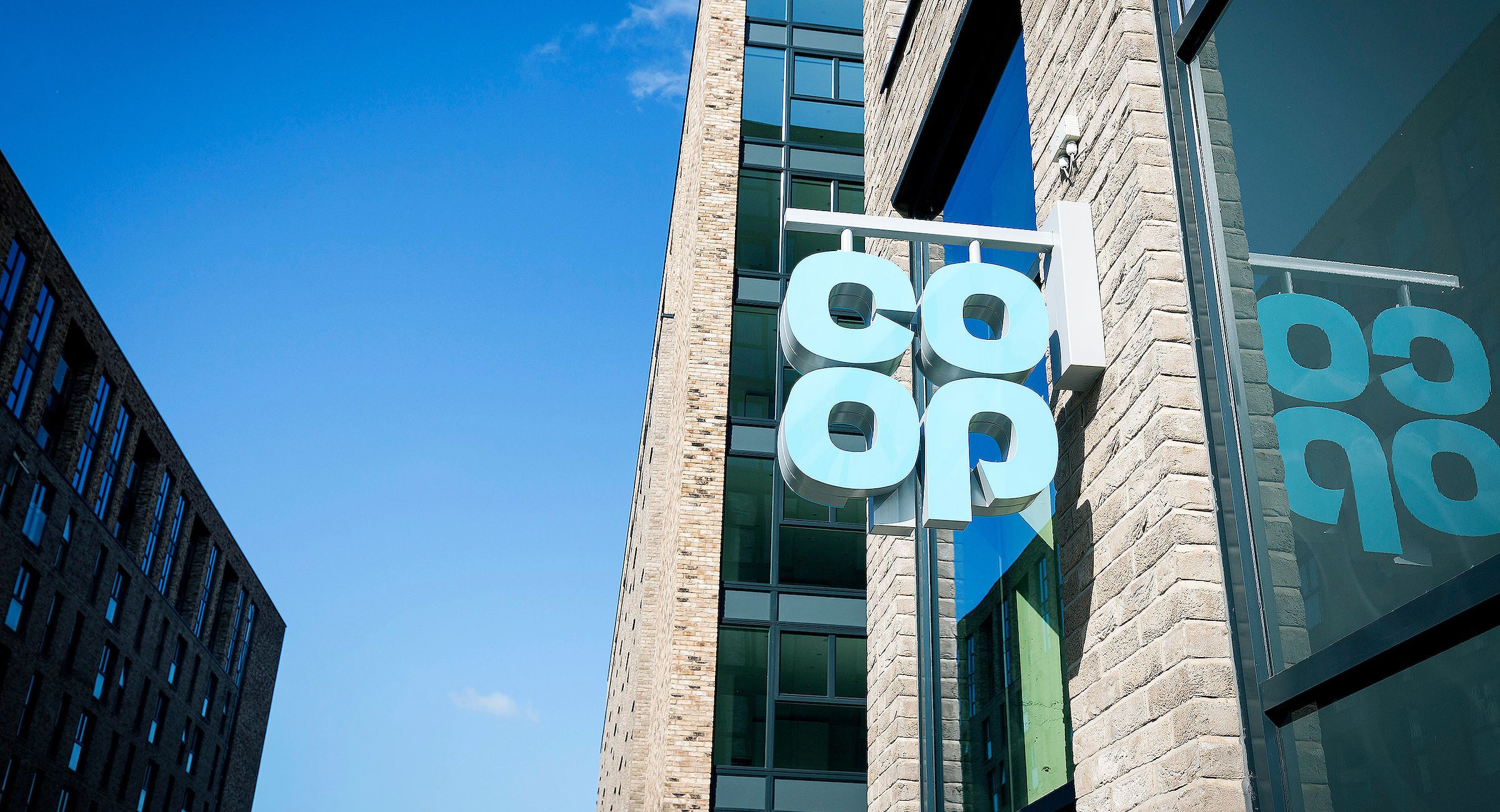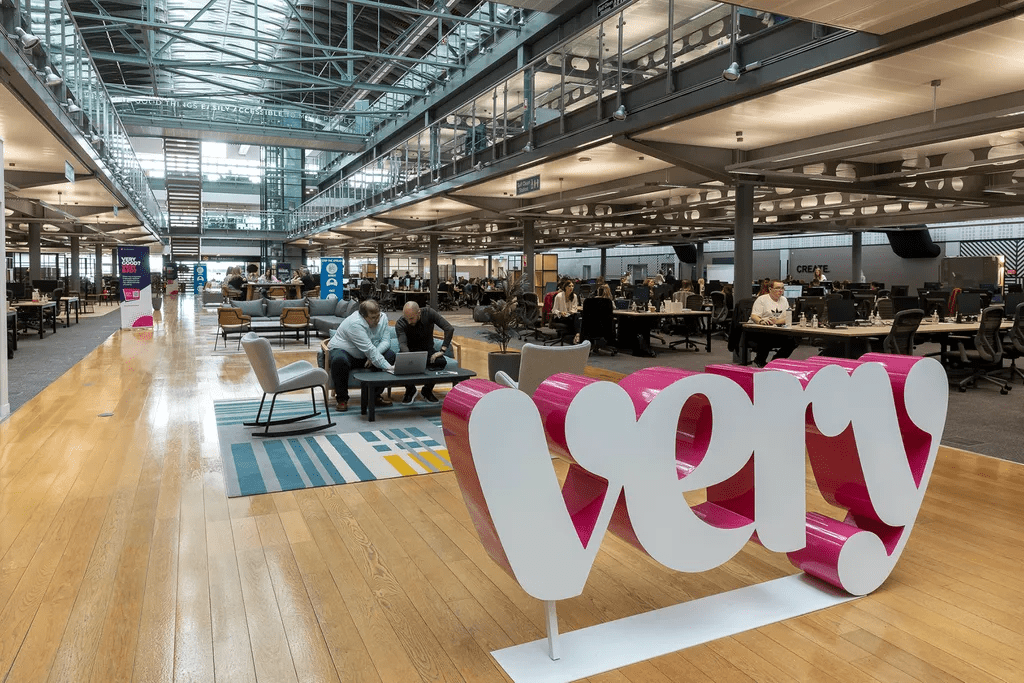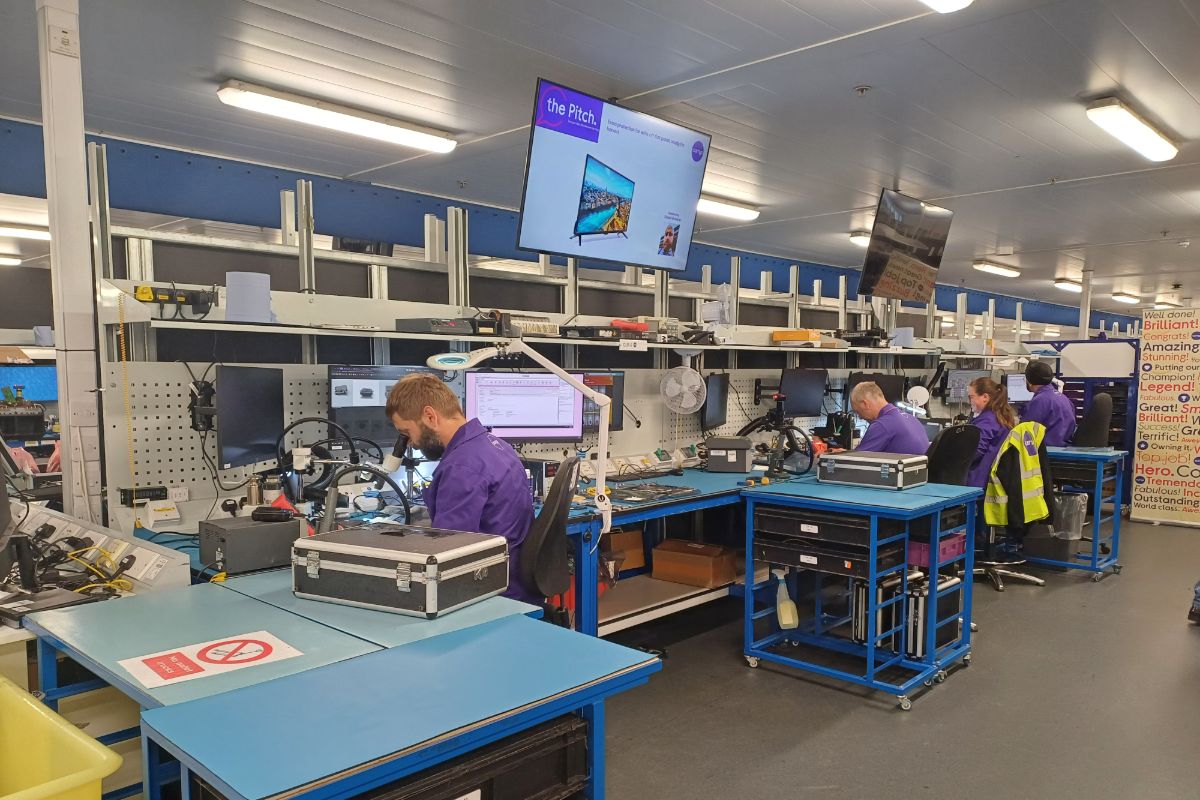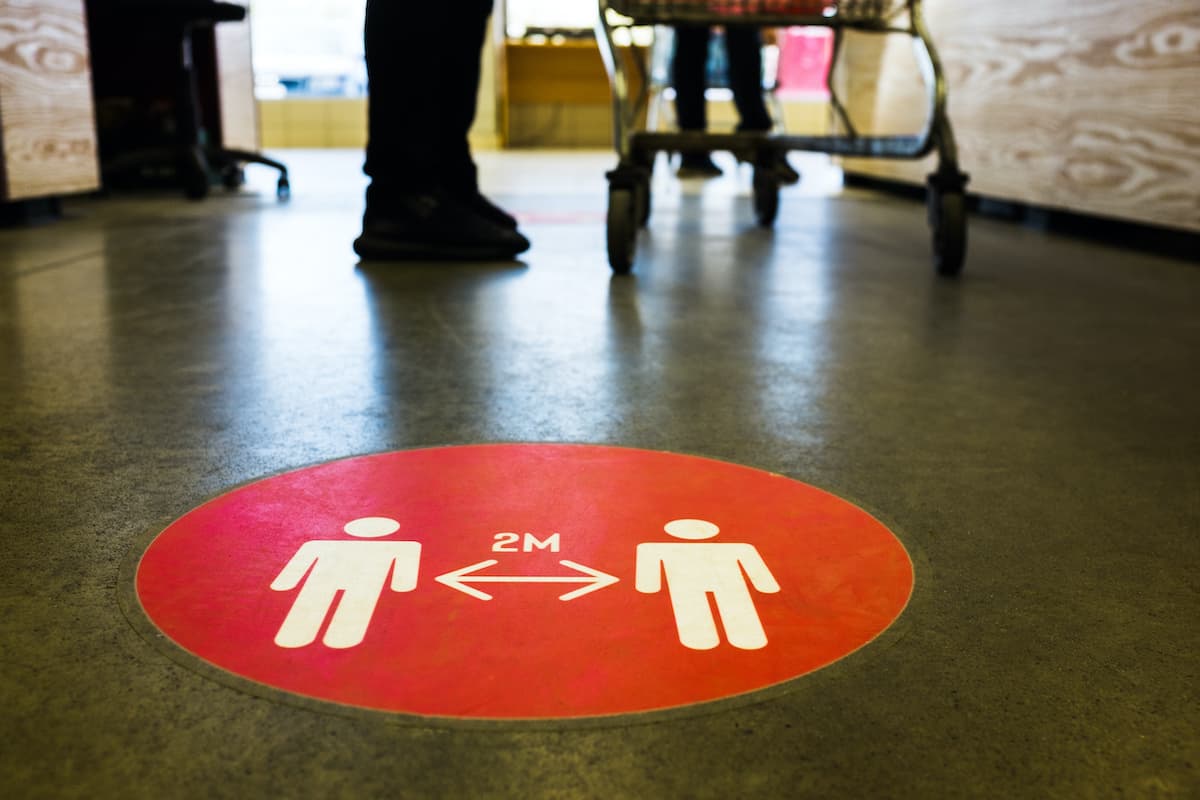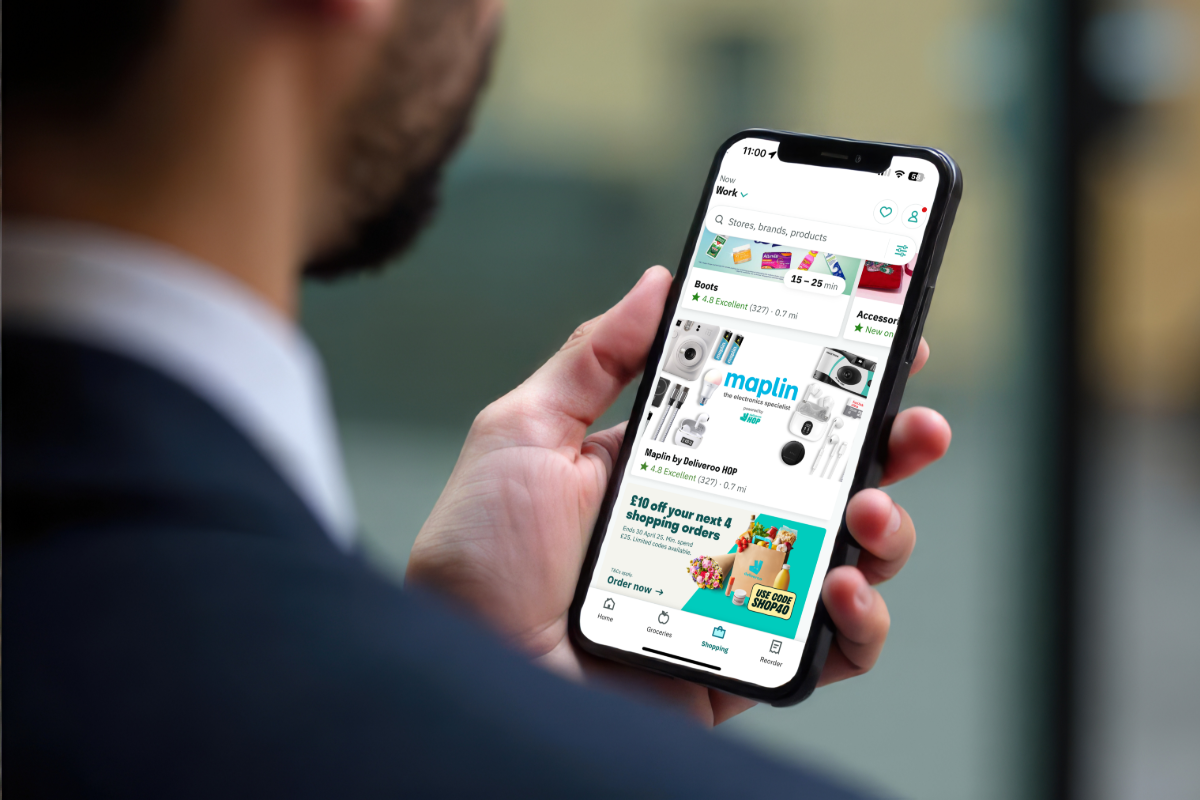Paul Skeldon’s insight into the fast changing mobile channel.
SMARTPHONE IS NOW THE MOST POPULAR CHANNEL AT JOHN LEWIS
Mobile became the most popular online sales channel at department store John Lewis during the last year.
One in four (42%) online visitors to the website came via their smartphone rather than a desktop or tablet, according to the latest John Lewis & Partners Retail Report, which covers the year from August 2017 to September 2018.
At the same time the number of orders placed via phones was 35% up on the previous year. This may be linked with the changing behaviour that John Lewis has detected in the way that shoppers use the website. “Customers are being much more specific about what they are looking for on our site, using more search words and filters to narrow down their options.”
Growing use of smartphones also affected sales of other items: alarm clock sales at John Lewis fell by 16% and the retailer has reduced its range of the products by 30%. As phone and TV screens got larger, so too did TV screens – the most popular screen measured 70 inches, up from 36” in 2010.
Similarly, sales of smart doorbells grew by 367% since the retailer started selling them in July 2017, while door knocker sales fell by 9%.
“How we shop is changing at incredible speed,” said Simon Coble, Trading Director, John Lewis & Partners, “and shops need to combine the very best in service and experiences with unique and fantastic products. And the mobile phone is vital in both as a means to browse and research but also as a place to buy.”
John Lewis said the year was “one of the toughest retailers have seen”, with “uncertainty” and “difficult trading conditions” on the high street. Extreme weather boosted sales of boots (+63%) in February, and inflatables (+316%) in the summer heatwave.
Coble said: “Identity was a major theme across all shopping trends this year and it is no coincidence that the idea of identify is central to John Lewis’ long-term plans – our strategy is firmly about dialling up what makes us different so that we remain relevant. It is our job not only to celebrate what makes us stand out as a business but also to help our customers celebrate everything that makes them unique too.”
PWA BOOSTS HOBBYCRAFT SALES
Leading UK crafts maker Hobbycraft’s testing of progressive web apps (PWAs) has seen transactions on mobile grow by 26% and mobile revenues up by 30%.
Hobbycraft, which has 90 stores and 3 million members of its online Hobbycraft Club set out three goals for its project with Mobify to leverage mobile: capture traffic shifting to mobile devices, offer shoppers an app-like experience without requiring an app download and to increase key metrics like revenue per user.
“Our customers are project-based and motivated to get the supplies they need as fast as possible to get started on their next projects,” says Daniel Collier, Multi-Channel Development Manager, Hobbycraft. “We raised a challenge to find the best possible way to engage with our busy shoppers on-the-go, as well as deliver a best-in-retail purchasing journey.”
As part of the Mobify Platform, Hobbycraft was able to layer a PWA front-end on to its existing ecommerce platform to meet the needs of mobile shoppers without replatforming or starting from scratch. By separating the front-end and backend through an integration layer, the Mobify Platform sets Hobbycraft up to make any future backend changes independent of the front-end (or vice-versa).
LNER BRINGS MOBILE PAYMENTS ON BOARD
London North Eastern Railway (LNER) is to arm its operatives with mobile PoS devices based on ECR’s RailPoS software to give passengers faster and more reliable payment technology for at-seat services on the London King’s Cross to Edinburgh route.
In addition to ECR’s RailPoS software, the contract includes 216 ECR Go2 all-in-one hand-held, mobile devices, to replace tablets in the food bar and hand-held terminals on the trolleys. It also encompasses a cloud-based operation and Miura M010 integral pin entry devices, which allow LNER to offer all payment types including contactless and mobile wallet.
The system, which was piloted in July 2018, will be fully implemented in advance of the new LNER Azuma train fleet scheduled to begin operation in 2019.
The new streamlined MPoS system will accommodate all user requirements including managing orders, stock control and supply chain requirements. It will also enhance the level of service customers receive and streamline trolley catering services on-board, in both standard and First-Class.
Kate Davidson, Business Transition Manager, LNER, says: “We needed to speed up onboard sales throughout our trains, and to offer support to our crews.”
